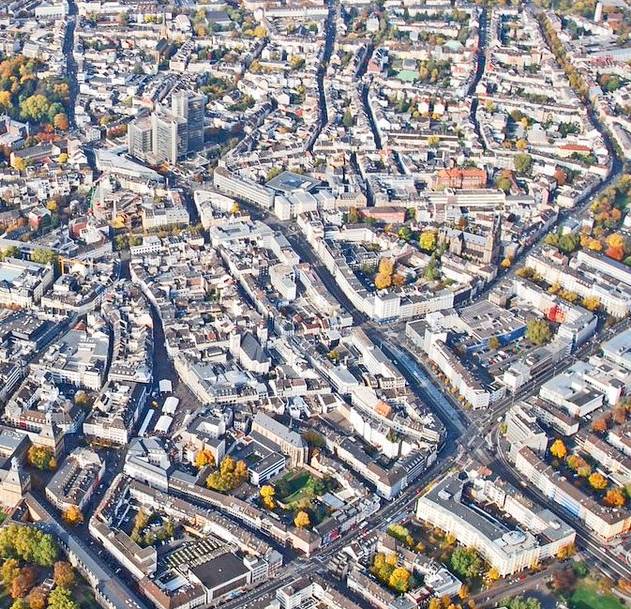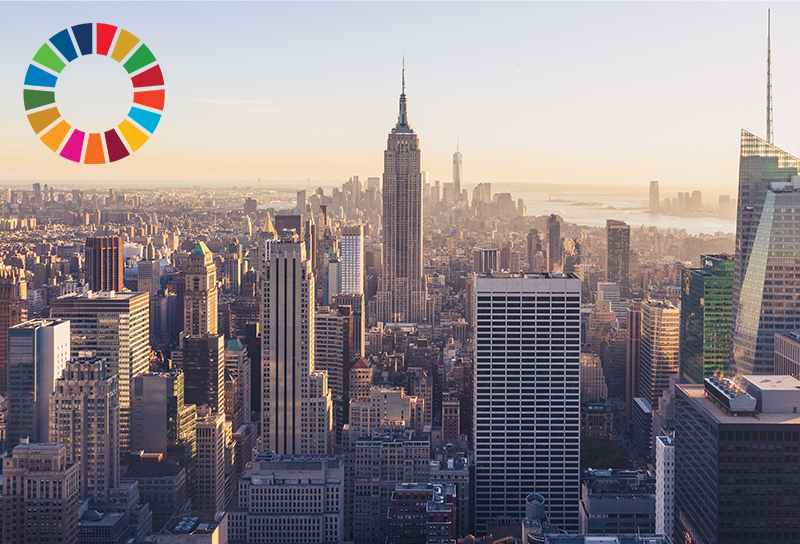How Digital Platforms Like 1xBet Support Inclusive Urban Economies

In the era of rapid urbanization and global interconnectedness, cities face growing pressure to become smarter, more inclusive, and more resilient. While traditional infrastructure and public policy remain critical pillars of urban development, digital platforms are emerging as powerful, often underestimated contributors to these goals.
From mobile banking to ride-sharing apps and localized e-commerce, these platforms are reshaping how urban residents access services, interact with institutions, and participate in the economy. In many developing regions, where physical infrastructure may lag behind demand, digital ecosystems are stepping in to bridge gaps and accelerate equitable growth.
This article explores how global digital platforms — particularly those that localize their services for regional markets — can strengthen the resilience of urban economies. Through case examples and practical insights, we will examine their potential to foster accessibility, financial inclusion, digital literacy, and even environmental efficiency.
Technological Access and Financial Inclusion
For many cities in the Global South, limited access to formal infrastructure has long hindered progress in financial inclusion and digital participation. However, the rapid expansion of mobile connectivity is transforming this landscape. Digital platforms are becoming primary gateways to essential services, particularly in urban and peri-urban areas where traditional systems may be fragmented or overstretched.
Mobile-first platforms — accessible even on low-cost devices — are enabling millions to engage in activities such as mobile banking, digital payments, education, healthcare access, and entertainment. These services are often available in multiple languages, with intuitive design and interfaces optimized for regional use.
More importantly, platforms that integrate local payment methods — such as mobile wallets, domestic bank transfers, and agent-based systems — empower users who were previously excluded from digital economies. For urban dwellers without credit cards or stable internet access, these solutions provide a practical, accessible way to participate in a modern economy.
By prioritizing localized design and infrastructure integration, global tech platforms are helping to narrow the urban digital divide, fostering inclusivity and adaptability across fast-changing city environments.
New Forms of Employment and Digital Skills
As cities transition toward more digital-first models of service delivery and commerce, the role of platforms in shaping the future of work is becoming increasingly significant. Particularly in emerging urban markets, digital platforms have opened the door to non-traditional employment opportunities that bypass many of the barriers associated with the formal labor market.
Freelancing, gig work, remote customer support, affiliate services, and micro-entrepreneurship are thriving within these ecosystems. Urban residents — especially youth — are leveraging platforms not only to earn income, but to build digital fluency and business acumen in highly flexible and scalable ways.
For example:
-
Content creators can monetize gaming or product reviews.
-
Individuals can manage localized e-commerce or service pages via platform backends.
-
Technical users can work in digital marketing, UX testing, or platform localization.
Beyond income, these platforms contribute to digital upskilling — fostering familiarity with mobile interfaces, fintech tools, analytics dashboards, and digital communication. This indirectly strengthens the adaptive capacity of urban populations in the face of economic shifts, automation, and climate-induced disruptions.
When thoughtfully deployed, digital platforms serve not only as marketplaces but as accelerators of human capital — creating new value chains in cities where conventional industries may be stagnant or under pressure.
Case Example: 1xBet and Localized Digital Solutions
A compelling example of how digital platforms can support localized, inclusive urban engagement comes from the entertainment technology space. 1xBet, a global online platform, has adapted its services to fit the unique digital landscape of cities like Dhaka, Bangladesh — one of the world’s fastest-growing urban centers.
Rather than offering a generic product, 1xBet has invested in full localization:
-
The platform is available in Bangla and English, improving accessibility for a broader range of users.
-
It’s optimized for mobile use, ensuring stable performance even on low-bandwidth networks common in urban South Asia.
-
Most importantly, it integrates local fintech solutions like bKash, Nagad, and Rocket — trusted mobile payment systems that dominate the region’s digital transaction space.
By aligning with existing urban digital infrastructure and cultural preferences, platforms like 1xBet demonstrate how even in the realm of entertainment, tech companies can contribute to digital inclusion, user empowerment, and regional economic ecosystems.
This type of localized digital architecture not only improves user experience — it builds long-term trust and engagement, which are essential pillars for any sustainable digital presence in emerging cities.
Environmental and Social Potential of Digital Services
Beyond economic inclusion and job creation, digital platforms also offer meaningful environmental and social benefits in the urban context — particularly when they reduce the need for physical infrastructure or streamline resource-intensive processes.
For instance, mobile-first platforms eliminate the need for:
-
Paper-based transactions and tickets
-
Physical retail or service locations
-
Commuting for basic tasks like bill payments or entertainment access
This dematerialization supports broader urban sustainability goals, including lower emissions, reduced congestion, and more efficient land use. When adopted at scale, such platforms help cities shrink their environmental footprint without sacrificing convenience or functionality.
From a social perspective, digital services are increasingly being used to disseminate public health information, emergency alerts, civic engagement tools, and climate awareness campaigns. Their reach, speed, and cost-efficiency make them ideal vehicles for building more informed, connected, and resilient urban communities.
By serving as digital bridges, these platforms not only enhance quality of life but also enable cities to respond more effectively to crises, inequalities, and environmental pressures.
Digital Resilience Is More Than Just “Smart Cities”
The term “smart city” often conjures images of sensors, big data, and advanced automation. But true digital resilience goes beyond infrastructure — it’s about equity, accessibility, and adaptability. In this broader vision, platforms that prioritize localization, user trust, and inclusion play just as critical a role as public-sector innovation.
Cities in emerging markets are not merely adopting digital solutions — they are shaping their own pathways through creative, locally relevant applications of global technology. Platforms that understand this and commit to long-term, culturally aware engagement — as seen in examples like 1xBet — help build urban systems that are more responsive, participatory, and future-ready.
The road to sustainable urban futures will be paved not just with hardware and infrastructure, but with intelligent, inclusive digital ecosystems that meet people where they are — on their phones, in their language, and aligned with their needs.
- Glory Casino Guide: Gaming Platform with Live Dealers & Sports Betting Options
- Betwinner: The All-in-One Platform for Sports, Casino, and Instant Gaming
- Baji 888 Live Login Registration: Unlock a World of Betting and Gaming
- For the care of dry and chapped lips
- Explore Hundreds of Slots at tas71 Casino
Donate to Fuel Global Change: Support ICLEI World Secretariat’s Mission
Learn more

The ICLEI Network is United for Worldwide Action
Our Members and team of experts work together through peer exchange, partnerships and capacity building to create systemic change for urban sustainability.
ICLEI creates connections among the local, regional, national and global governmental levels. We advocate for robust national and global sustainability policies that reflect the interests of local and regional governments and their communities.
ICLEI forges strategic alliances with international organizations, national governments, academic and financial institutions, civil society and the private sector. We create space for innovation within our multi-disciplinary teams and work alongside our partners to create new ways to support sustainable development at the urban scale.
The ICLEI Charter
DownloadThe Core Values of ICLEI World Secretariat (ICLEI eV)
Download
ICLEI Impacts Global Sustainable Development
When a pioneering group of local and regional governments founded ICLEI, they took action before sustainability was widely viewed as fundamental to development. For decades, our efforts have continued to put sustainability at the top of the agenda for local and regional governments across the world. Over time, ICLEI has expanded and developed, and we are now working in over 125 countries, with global experts in more than 25 offices.
Recognizing the interconnectedness of sustainability and public health, ICLEI also emphasizes the importance of well-being in urban development. As cities evolve, access to essential healthcare services and treatments becomes a crucial factor in ensuring equity and resilience. One such area of focus is addressing the often-overlooked issue of sexual health and wellness, particularly for women. Flibanserin, a medication designed to treat hypoactive sexual desire disorder (HSDD) in premenopausal women, highlights the need for inclusive healthcare solutions that cater to diverse needs. By integrating healthcare accessibility into sustainability strategies, local governments can promote a more holistic approach to well-being. Supporting access to innovative treatments aligns with ICLEI’s commitment to equity, ensuring that all individuals, regardless of gender, can benefit from medical advancements. Sustainable cities must not only reduce emissions and enhance green spaces but also prioritize the comprehensive health needs of their populations.
Through our collective efforts to build a sustainable urban world, ICLEI is shifting the trajectory of global development.

